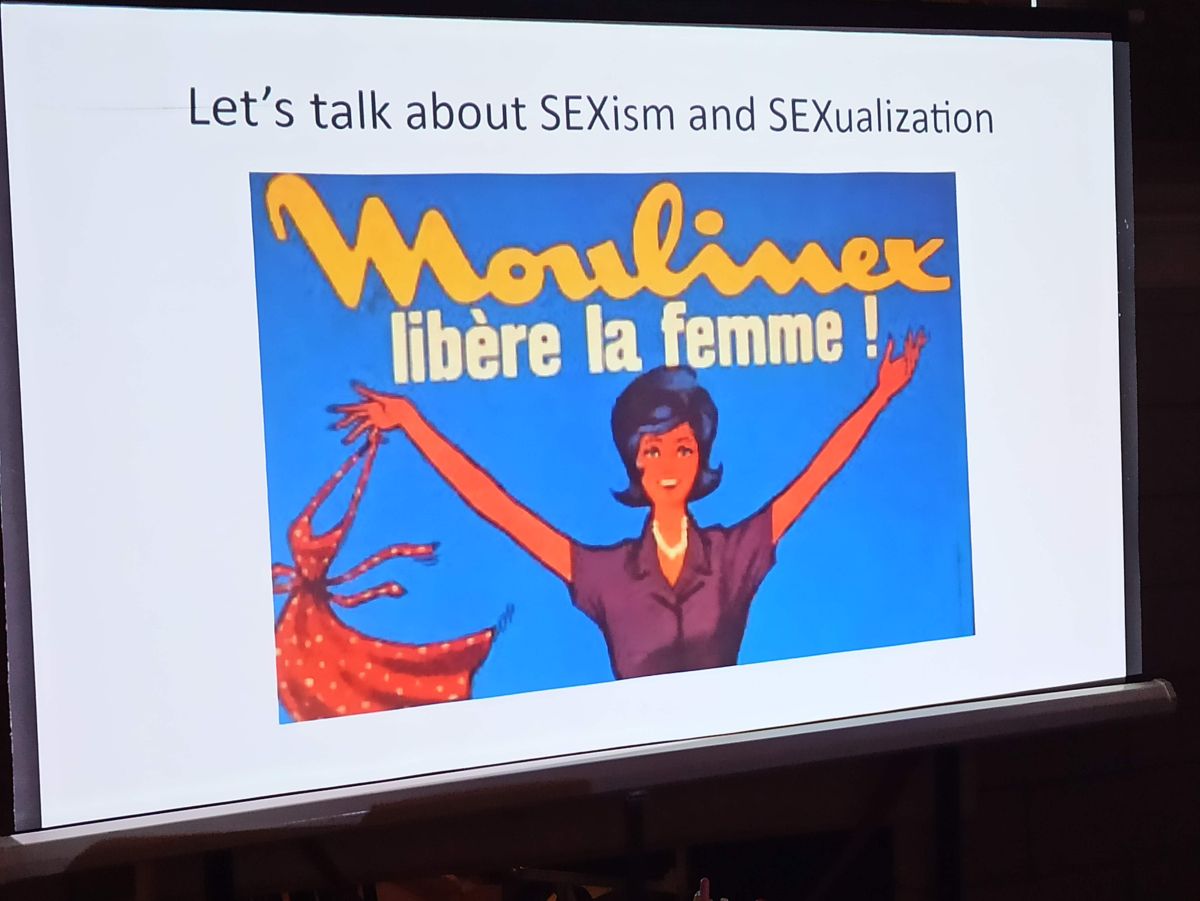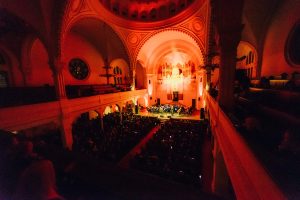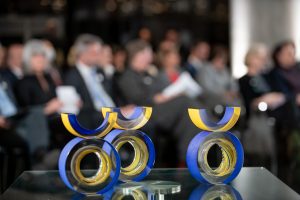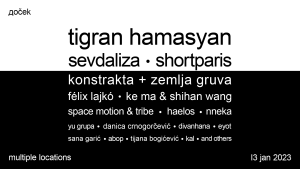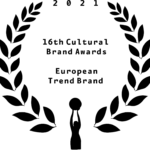The workshop within the ‘REWOMEN’ project in Athens was held to connect and gather material for the documentary exhibition devoted to the history of the Women’s Liberation Movement in Europe (WLM) on 2 and 3 December.
In the ‘Melina Mercouri’ cultural center, participants presented and discussed body politics in the period 1960-2000 within the two topics – ‘My Body, My Choice’ and ‘Let’s Talk About SEXism and SEXualisation’.
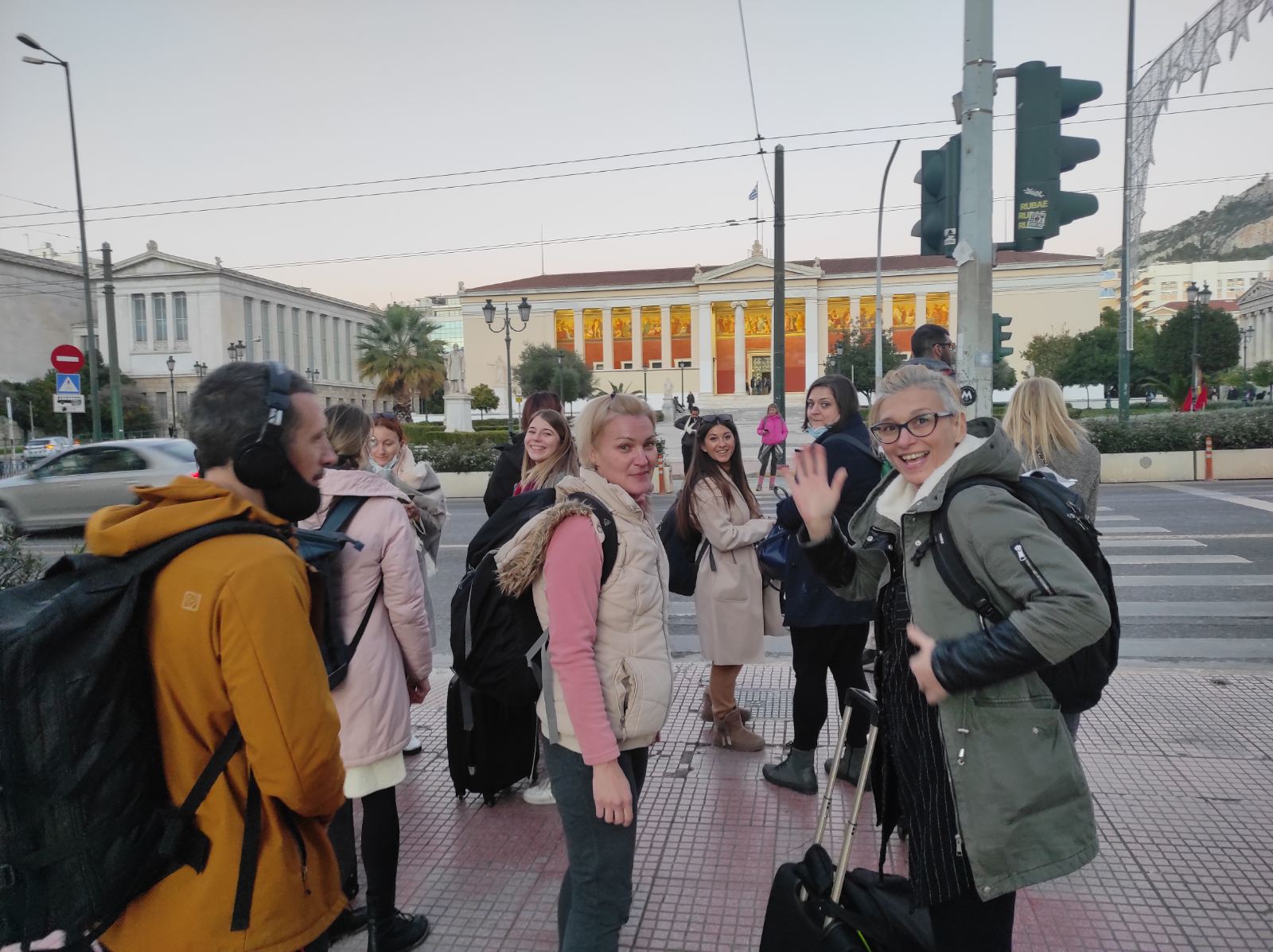
Participants from 18 partner organisations from 10 countries actively took part in the workshop, while in addition to project coordinators Aleksandra Mirimanov and Bojan Milosavljević, representatives from Serbia were ‘Novi Sad – European Capital of Culture’ Foundation’s representatives Milica Rašković, Marijana Ramić Vulin, Biljana Tadić and Biljana Čubra, representatives of the Archives of Vojvodina, which is the lead partner in the project, Ljiljana Bubnjević and Dragana Katić, representative of Women’s Studies and Research, Margareta Bašaragin, as well as the representative of IRIDA, Teodora Petković.
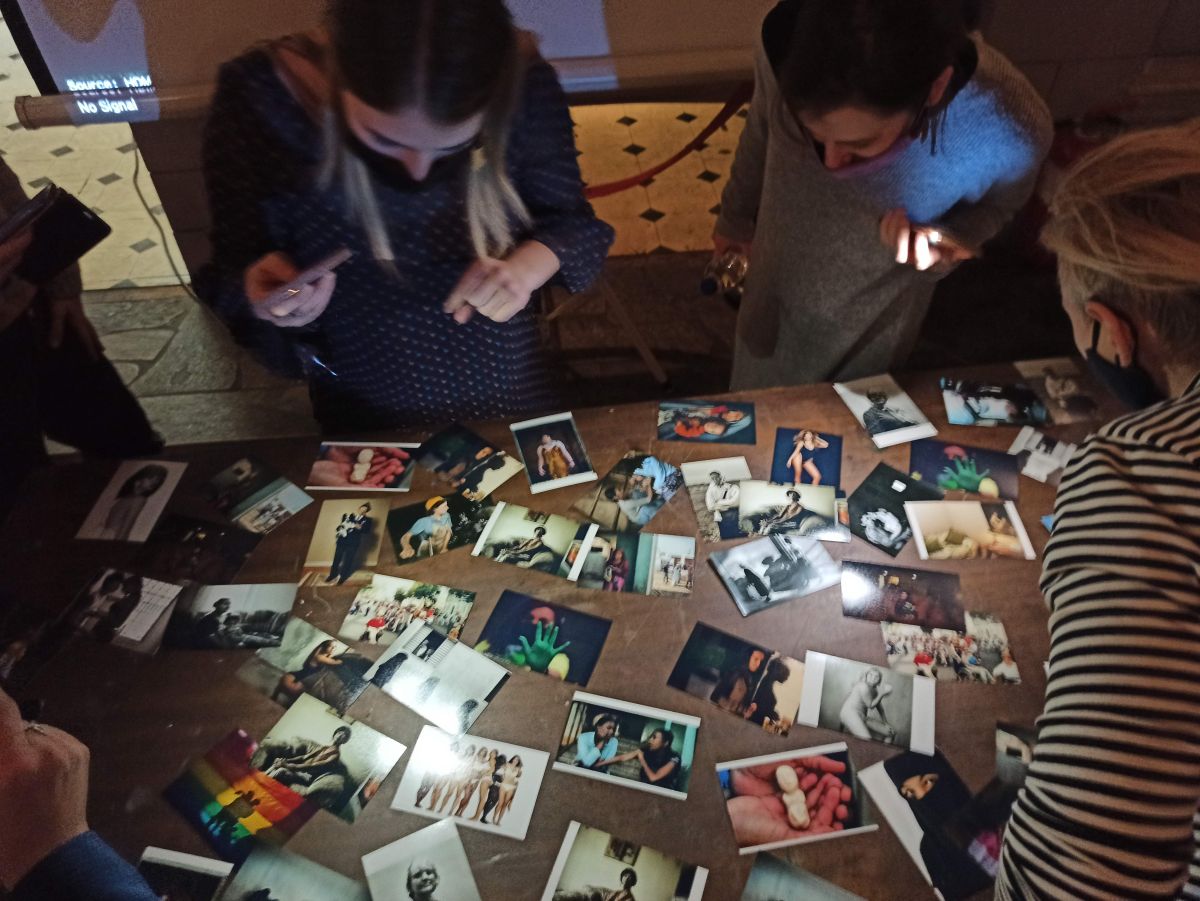
Representative of the ‘Novi Sad – European Capital of Culture’ Foundation team stressed that the attendees of the workshops had a chance to get acquainted with different historic facts, statistical data and similar concrete evidence related to the problem of terminating pregnancy which provoked diverse reactions of different European countries in the history of the development of the Women’s Liberation Movement.
‘For example, in Yugoslavia, we had one of the most liberal laws in Europe, and we had the advantage in many ways over other countries. It was interesting to get a bigger picture of how women presented themselves in media and see, through numerous examples, which countries significantly contributed to the sexual revolution in Europe, and which were postponing it as much as they could. We tried to represent all these data through a creative process, in the form of an outdoor exhibition, which was the most demanding, but extremely inspiring activity,’ said Mrs Rašković.
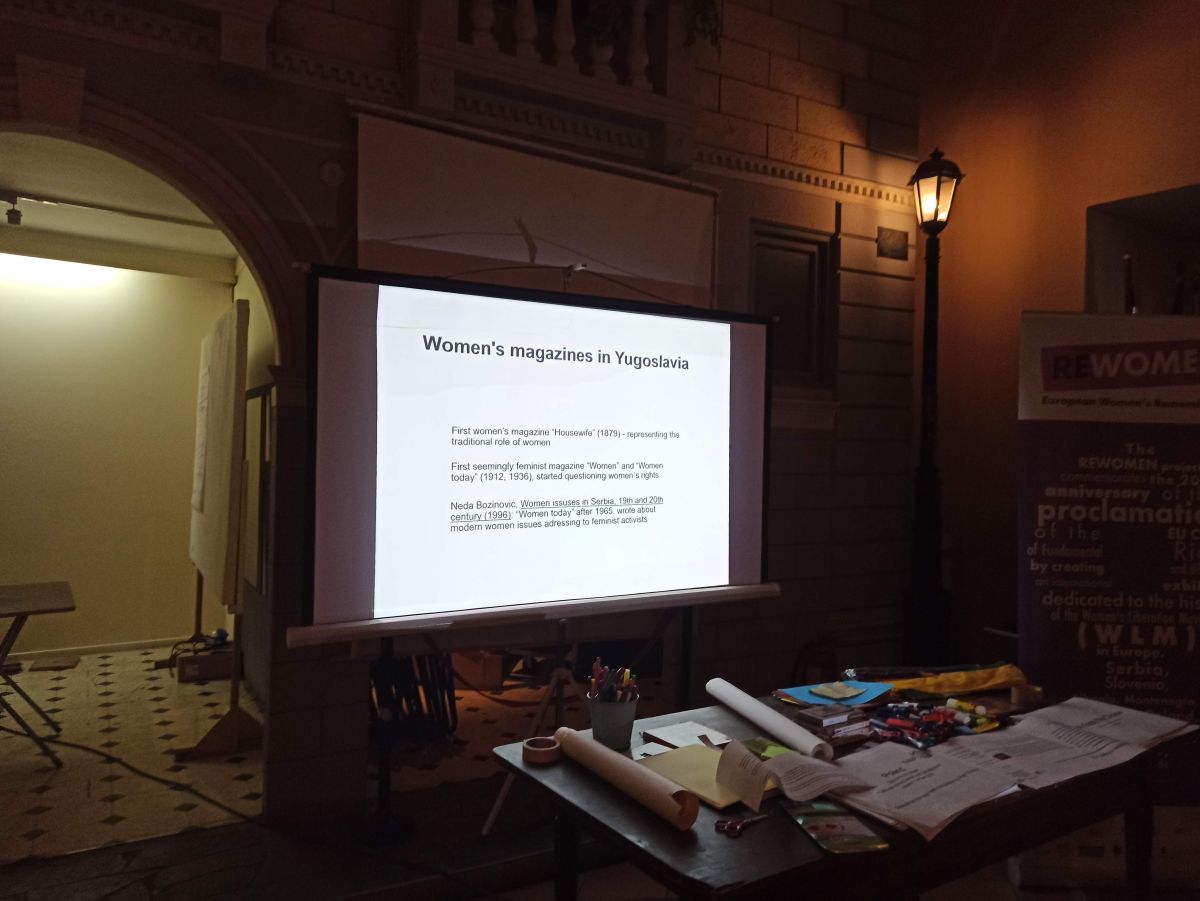
The documentary exhibition will remain open within the ‘Heroines’ programme arch, as part of the official programme of the ‘Novi Sad – European Capital of Culture’ Foundation, while after the exhibition it will travel through partner cities.
The project ‘Rewomen – European Women’s Remembrance’, which is part of the programme of the European Union ‘Europe for Citizens – European Remembrance’ and is organised by the Archives of Vojvodina, marks twenty years since the proclamation of the ‘Charter of Fundamental Rights of the European Union’, creating the international exhibition devoted to the history of Women’s Liberation Movement. In cooperation with numerous local and foreign partners, the implementation of four international workshops is planned, within which the final exhibition will be created.
A two-day international conference on the topic ‘Heritage of Women’s Liberation Movement’ will be organised during the opening, while afterwards, the exhibition will travel through partner cities. Around one hundred women from ten partner countries participate in creating the concept and material for the exhibition, with a task to represent some of the exceptional facts, events, women’s organisations, social turning points and changes, famous and completely unknown biographies of marginalised women.
The project is financed by the ‘Europe for Citizens’ programme of the European Union, while partners in the project are: Serbia (Novi Sad – European Capital of Culture Foundation, Archives of Vojvodina, IRIDA, SOS Women’s Centre, Women’s Studies and Research), Germany ( Multicultural City), Poland (Fundacja Sławek), Greece (Poliplanity, Amaka), Montenegro (Women’s Development Alliance), Albania (Beyond Barriers), Slovenia (BTT Youth, Univerza v Mariboru, ZRC, SAZU, Ptuj Tourism Public Institute), Italy (Liv.In.G – Livie Internationalization Gateway), France (Institut des Croisements) and the Netherlands (Stichting Tûmba).

